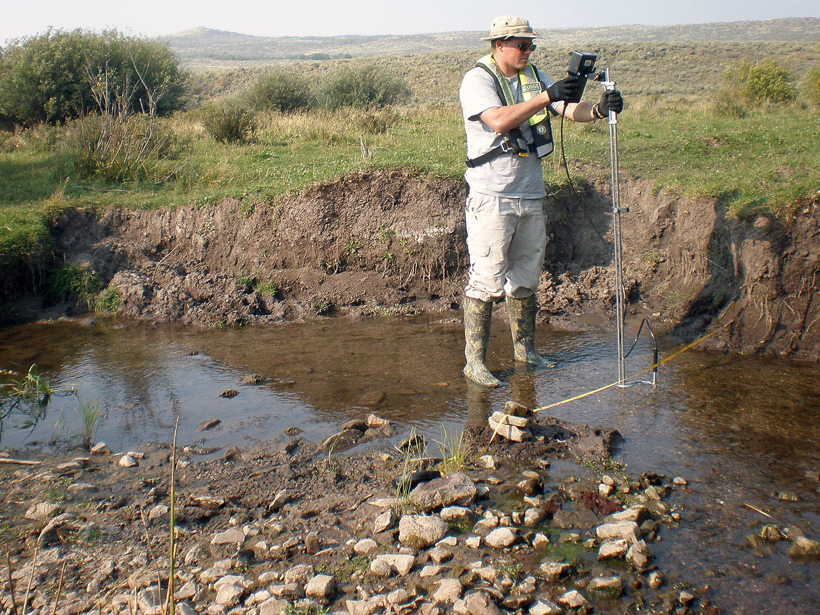Although climate scientists often have refrained from attributing specific extreme events, such as heat waves and heavy precipitation, to climate change, that situation could be changing, according to a new report from the National Academies of Sciences, Engineering, and Medicine (NASEM). “It is now possible to estimate the influence of climate change on some types of specific extreme events,” David Titley, chair of the NASEM committee that produced the report, said at an 11 March briefing at the Academy in Washington, D. C.
“It is now possible to estimate the influence of climate change on some types of specific extreme events.”
Advances in the relatively new science of event attribution offer more than just an intellectual exercise or a means to satisfy public curiosity, according to the report. A rigorous analysis of the relationship between extreme weather events and changes in the climate system can “provide valuable information about the future risks of such events” to emergency managers, planners, and policy makers, the report states. It can also help with water and land management, building codes, transportation networks, and other underlying aspects of daily life.
However, there are some caveats, according to the report.
Precautions in Attributing Events
Scientists can most accurately determine if there is an anthropogenic influence on extreme weather for events such as heat waves that are tied to temperature trends, including long-term regional or global warming, “where there is little doubt that human activities have caused an observed change,” the report states. However, the science offers only moderate confidence for attributions of events such as droughts and episodes of heavy precipitation, according to the report. It offers even less confidence for severe convective storms and extratropical cyclones, whose relationships to climate are more complex and less direct.

Also, although event attribution has progressed rapidly with advances in understanding how climate and weather produce extreme events, the report cautions that a “definitive” answer to whether climate change caused a particular event “cannot usually be provided in a deterministic sense because natural variability almost always plays a role.” Among other qualifiers, the report states that the attribution of events to human-caused climate change could be complicated by a relatively brief observed record of low-frequency natural variability and that attribution studies of individual events should not be used to generalize the impact of climate change on extreme events as a whole.
The report calls for more research in weather and climate modeling to improve the reliability of event attribution and to develop predictive forecasts of extreme events that account for both natural variability and human influence.
The Best We Have
The attribution of specific events to climate change previously had been “a wild, wild West.”
“This is the best assessment that we have right now” on extreme weather attribution, said Marshall Shepherd, director of the atmospheric sciences program at the University of Georgia, Athens, and a member of the academy committee that produced the report. It was time for this report, he said, because the attribution of specific events to climate change previously had been “a wild, wild West.”
Shepherd said the report moves the research forward by calling for community standards on how to carry out attribution studies. It also provides a baseline ranking of scientific confidence for understanding and attributing different classes of extreme events to anthropogenic climate change.
Titley, director of the Center for Solutions to Weather and Climate Risk at Pennsylvania State University, University Park, said that government officials could follow up on the report by pushing for more research to better understand extreme events and improve confidence levels for attributing those events to climate change.
—Randy Showstack, Staff Writer
Citation: Showstack, R. (2016), Science of tying some extreme weather to climate change advances, Eos, 97, doi:10.1029/2016EO048733. Published on 22 March 2016.
Text © 2016. The authors. CC BY-NC 3.0
Except where otherwise noted, images are subject to copyright. Any reuse without express permission from the copyright owner is prohibited.

